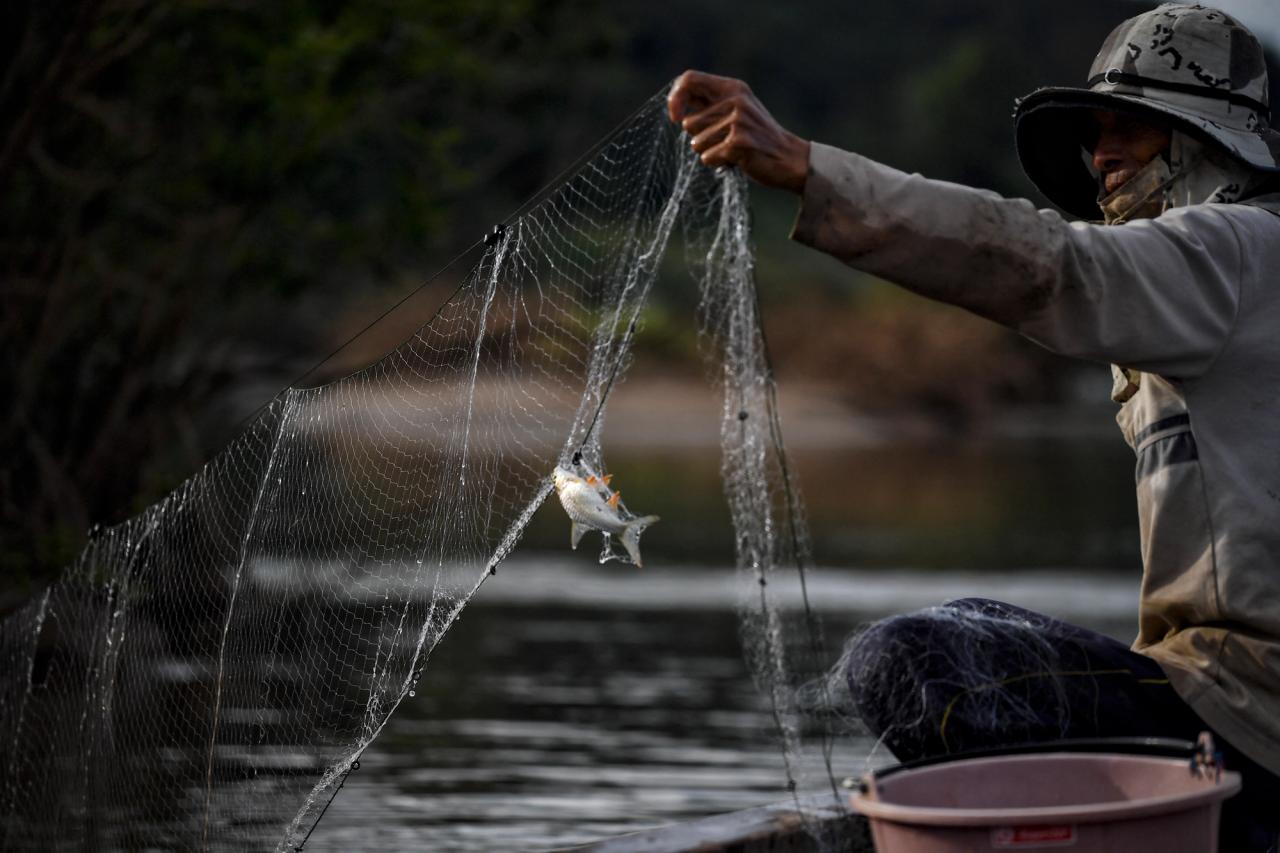The Swiss Association for Responsible Investments is significantly increasing its engagement efforts.

Over the past two and a half years, the Swiss Association for Responsible Investments (SVVK-ASIR) has ramped up its engagement efforts in dialogue with businesses. The most common reasons for engaging in dialogue were serious violations of human and labour rights.
In 2020 and 2021, SVVK-ASIR engaged with 170 and 164 companies, respectively, according to the now-published 2020–22 engagement report – an increase of around 180% since the last report (2019).
This increase in engagement efforts consequently resulted in more positive outcomes to 9 cases in 2020 and 17 cases in 2021. Despite the growing focus on climate change, the most common reasons for engaging in dialogue remain serious violations of the fundamental rights of workers, local residents or society as a whole.
However, these statistics should not undermine the importance of remembering that these issues are sometimes closely linked – human rights violations and environmental concerns often go hand in hand. This point is demonstrated both by the case study on Andritz AG described in the current report and the in-depth focus on cocoa farming.
Case study: sustainability risks of dam projects
Dams can have serious consequences for local ecosystems and consequently disrupt the livelihood of the local population. Austrian mechanical and plant engineering company Andritz AG was the main supplier to several particularly controversial dam projects recently, even after other international parties had already pulled out in response to public pressure. In 2020, SVVK-ASIR together with its partner increased its dialogue efforts with the company. After a hesitant start, a constructive exchange was able to take place. Over time, Andritz AG’s risk awareness and transparency to the public improved significantly. The company has also not been involved in any further controversies. SVVK-ASIR therefore considers this engagement to be an example of the positive changes that can be effected through direct dialogue.
In-depth focus: child labour in cocoa farming
Another point of focus from the 2020–22 report is the in-depth dialogue on the issue of child labour that SVVK-ASIR engaged in with the cocoa and chocolate industry. An estimated 1.5 million child workers are employed in the largest cocoa-growing region in West Africa. They are used as cheap labour due to the fact that 90% of the farming families do not receive enough money in exchange for their harvest. The poverty of cocoa farmers also influences climate change and shows how social and environmental issues can be linked: in order to escape the severe poverty and achieve a slightly higher yield, many small farmers are clearing areas of old-growth forest in order to access fertile soil.
SVVK-ASIR has been encouraging dialogue with the largest companies in the cocoa and chocolate industry since 2019. The companies involved – including the Swiss companies Barry Callebaut, Lindt & Sprüngli and Nestlé – now have a better understanding of how to address the root causes of the problem. The ball is now in their court to use the insights gained and initiate concrete measures. One important way to achieve this action is by the cocoa and chocolate industry cooperating with local partners. New legislation in Europe and the expectations of consumers and investors, as represented by SVVK-ASIR in its engagement efforts, will further underpin this positive development.
Link to the report: Engagement Report 2020-22